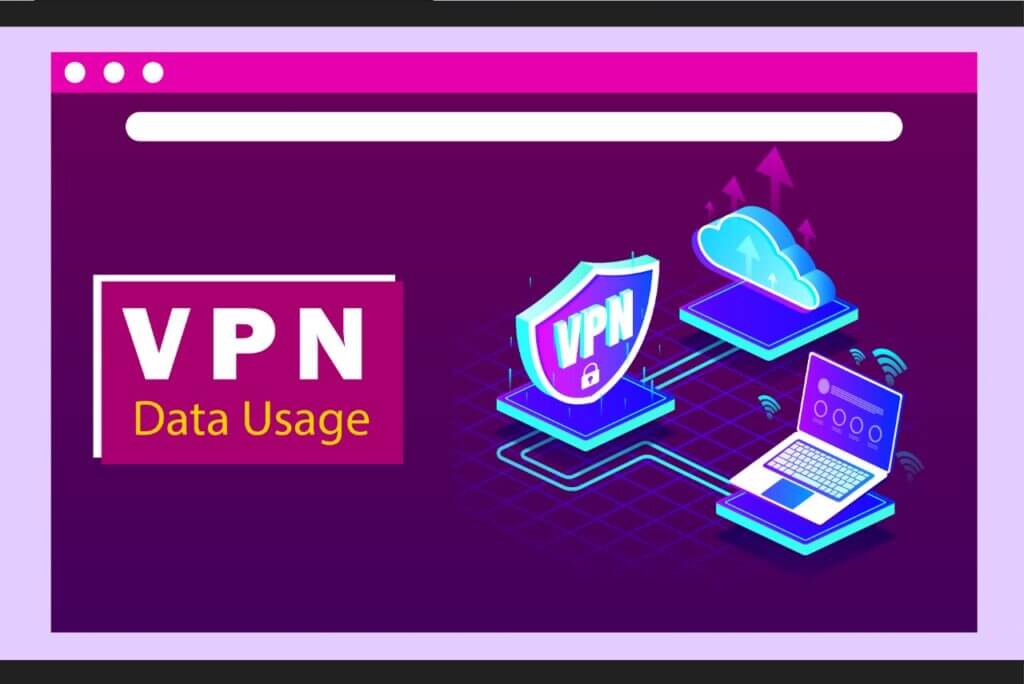Does a VPN count against data caps?
Depending on your Internet or phone plan, you may be subject to caps on how much data you can use per month. Some users may be wondering if they can use VPNs to circumvent these limits and use more data per month without paying extra. Does a VPN count against data caps?
The answer is that it depends. While there are some limited circumstances where a VPN can help you stretch your data caps, in general, using a VPN will not help you in this department. We’ll explain how this works below.
Does Using a VPN Use More Data?
You may be asking the question: how much data does a VPN use?
Unfortunately, using a VPN won’t help you conserve data on your monthly plan, and in fact, may actually lead to you reaching your data cap faster. This is because you will use more data when connected to a VPN then when surfing the Internet without one.
VPNs use more data than ordinary Internet use because they require additional overhead. Connecting to a distant server to mask your IP address and disguise your online presence requires additional bandwidth, which will be reflected in your data usage.
The exact amount of data each VPN uses varies depending on which VPN you are using, the location of the server you are connected to, the specific features you have enabled, and a number of other features. VPN use can increase your data usage anywhere from 4 to 20 percent.
Does a VPN Count Against Data Caps?
Cell phone plans, as well as some Internet plans, will sometimes limit the amount of data you are allowed to use per month. Some users have attempted to get around this by using VPNs.
While you may see some VPN services advertising “unlimited bandwidth” or “no data limit,” this refers to the VPN service and not to your cell phone or Internet provider. Even when using a VPN, you are still subject to your mobile or Internet provider’s data caps.
In some limited scenarios, you can use VPNs to circumvent data caps. Specifically, you can sometimes use VPNs to get around “soft” caps. These are caps where your provider gives you an unlimited amount of data per month, but throttles your bandwidth once you’ve reached a certain amount of usage. These caps are used to restrict high-bandwidth activities such as video streaming or online gaming.
If your cell phone or Internet provider uses “soft” caps, you can evade them using a VPN because the VPN will mask your online activity, preventing your provider from seeing what you were doing. This will allow you to enjoy high-bandwidth activities without having your bandwidth throttled.
Note that this method only works if your provider is specifically using “soft” caps to restrict high-bandwidth activities. If the “soft” cap applies to all traffic, then using a VPN will not work since your provider will throttle your bandwidth with no need to monitor your activity at all.
If your provider imposes “hard” data caps, where your connection is automatically shut off once you reach a certain amount of data, then a VPN will not help you. In fact, it may lead to you using up your allotted data faster.
Another factor to consider when using a VPN to circumvent data caps is any data caps that the VPN itself imposes. While paid VPNs generally allow unlimited data, free VPNs will often limit users to a certain amount of bandwidth per month.
How to Use Less Data
If you are concerned about your data usage, here are some tips on how you can conserve data and save money.
1. Use a Different VPN Protocol
VPN protocols are sets of instructions that control how your VPN client communicates with servers. Different types of protocols use varying amounts of data. Using a more efficient protocol, such as WireGuard, will reduce your VPN’s data overhead, lowering your data consumption.
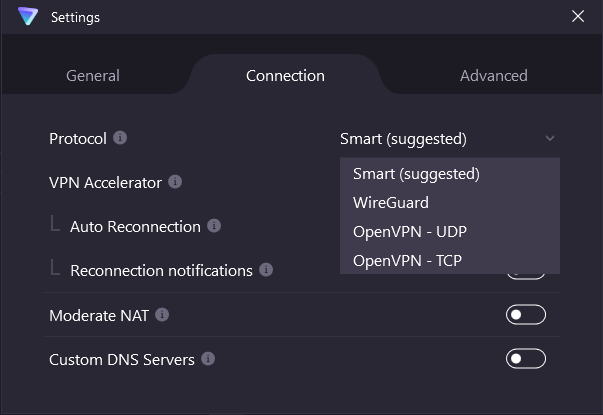
2. Turn Off Your VPN
While we recommend using your VPN whenever possible in order to safeguard your privacy and anonymity online, if you’re just using it to watch region-locked content or torrent files, it may be a good idea to switch it off when you don’t need it.
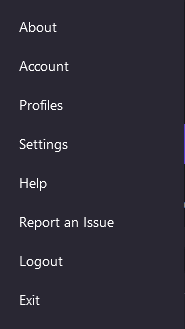
By only using your VPN when necessary, you can reduce your monthly data usage and avoid unnecessary charges.
3. Use Split Tunneling When Connected to Your VPN
Split tunneling is a VPN feature that allows you to choose which apps and programs you want to connect through your VPN and which ones you don’t. For example, you can opt to run your web browser through your VPN but keep your online gaming outside of it in order to minimize data usage.
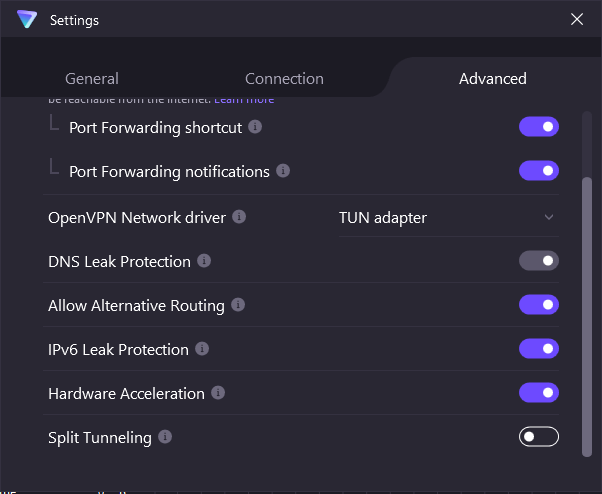
Split tunneling isn’t offered by every VPN, so you may wish to switch VPNs if yours doesn’t have it and it’s a feature that appeals to you.
4. Turn on the Compression
Most VPNs offer compression, a feature where any data sent over the VPN is minimized in size, akin to zipping a file. While most VPNs have compression on by default, you should double-check your settings anyway to make sure it’s on.
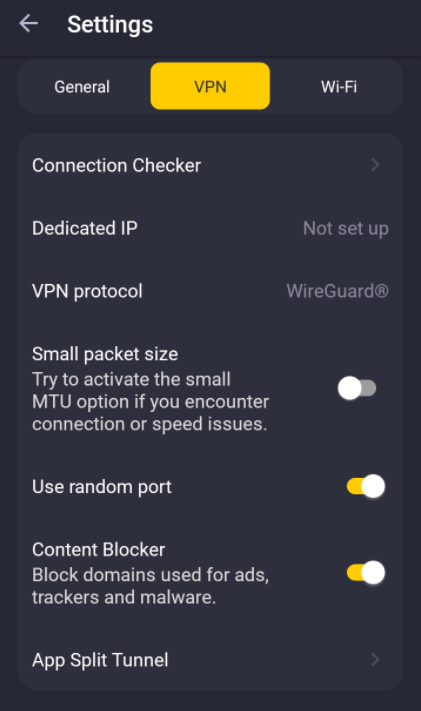
VPNs and Data Plans: The Bottom Line
VPNs are a valuable tool when it comes to Internet security, allowing users to maintain their privacy when surfing the web. However, their utility when it comes to circumventing data plans is limited at best.
While VPNs can be used to get around data caps in some cases, in most instances, using a VPN may actually lead to you hitting your data cap sooner.
If you’re worried about using too much data, some simple steps will allow you to reduce your data consumption while remaining safe online!

